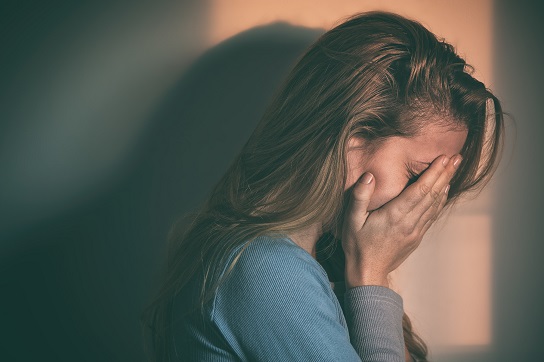Did you know there are different types of trauma including acute, chronic, and complex? Find out more about common types of trauma types below.
Approximately 70 percent of Americans have experienced trauma within their lifetime. That’s about 224 million American people who have experienced trauma.
Trauma comes in many shapes and forms. There is no one way to experience or cope with a traumatic event. However, it can help to understand the different types.
Continue reading to learn what types of trauma exist and how therapy can help.
Table of Contents
Different Types of Trauma
Trauma manifested in a variety of ways. As previously stated, there are many types of trauma. We’ll list a few and discuss how they manifest within adults.
One type of trauma can result from experiencing sexual abuse or assault, or unwanted and involuntary sexual behavior towards a person.
Other types of severe trauma can develop from incidents involving racial discrimination, war or violence, and domestic violence.
There’s also acute, chronic, and complex trauma. Acute trauma stems from a single dangerous or stressful experience. Chronic trauma develops through exposure to multiple stressful events or situations. Complex trauma describes both children’s exposure to multiple traumatic events as well as any long-term effects of this exposure.
Types of Childhood Trauma
Trauma can be detrimental to a child and can affect a child well into adulthood. Mistreatment and neglect are two of the most common types of childhood trauma.
Neglect happens when a caretaker doesn’t meet the child’s needs for basic necessities. Basic necessities include access to food, housing, warm clothes, and health care.
Signs and Symptoms
Many factors decide how a child or adult responds to a traumatic event. No one person experiences or responds to trauma in the same way. Common emotional and psychological responses to trauma include:
- Denial of traumatic experience
- Difficulty concentrating
- Anxiety or Depression (sometimes both)
- Nightmares or trouble sleeping
- Changes in eating habits
- Intense emotional upset
- Shame
Many people who’ve experienced a traumatic event may have tearful or violent outbursts. Flashbacks or reliving the trauma is also a common experience for victims.
Physical responses to trauma include headaches, fatigue, and sweating. Sometimes the victim will experience hyperarousal, meaning they’re very alert. Individuals might also develop new mental health disorders like anxiety or depression.
How to Cope With Trauma
If you are suffering from a type of trauma, there are healthy coping techniques you can try. Give yourself time to process your trauma and realize it happened.
Get involved with other trauma survivors. Talking to people who’ve been through the same thing you have is great for your mental health. It’s also a good idea to seek help from your friends and family.
After a traumatic event, it’s important to keep yourself and your family safe. For instance, be mindful of other drivers while you’re on the road.
Experienced Therapy for Trauma
Sometimes, dealing with trauma is too difficult to handle alone. It’s important to give yourself time to come to terms with your trauma and seek professional help.
For more information, you can contact us by form or phone at 408-680-4114.
You can also schedule a free 15-minute consultation here for help in managing your trauma through trauma therapy.


